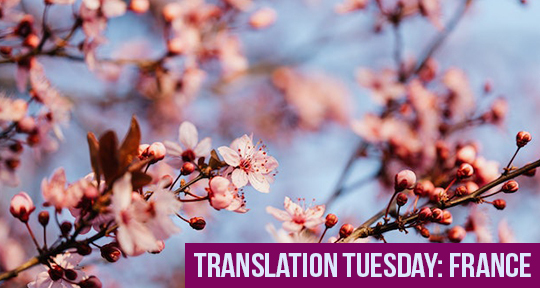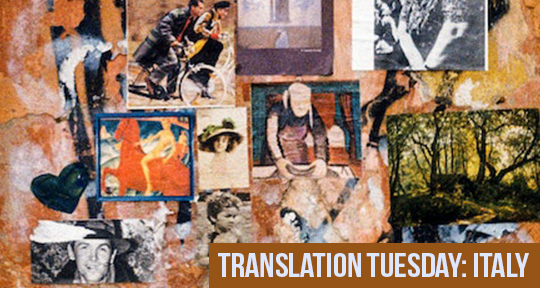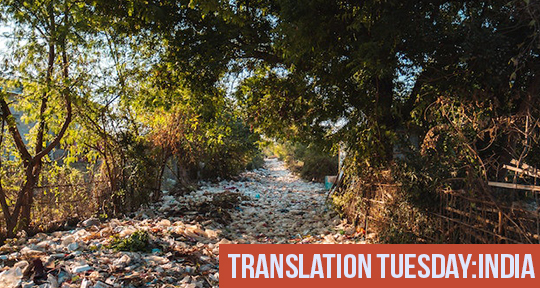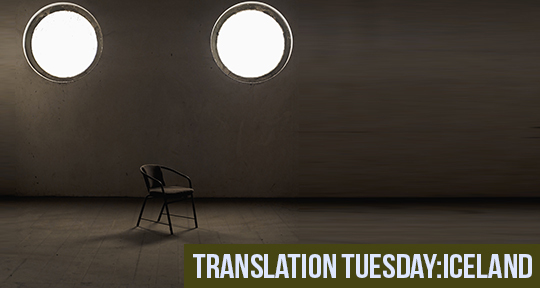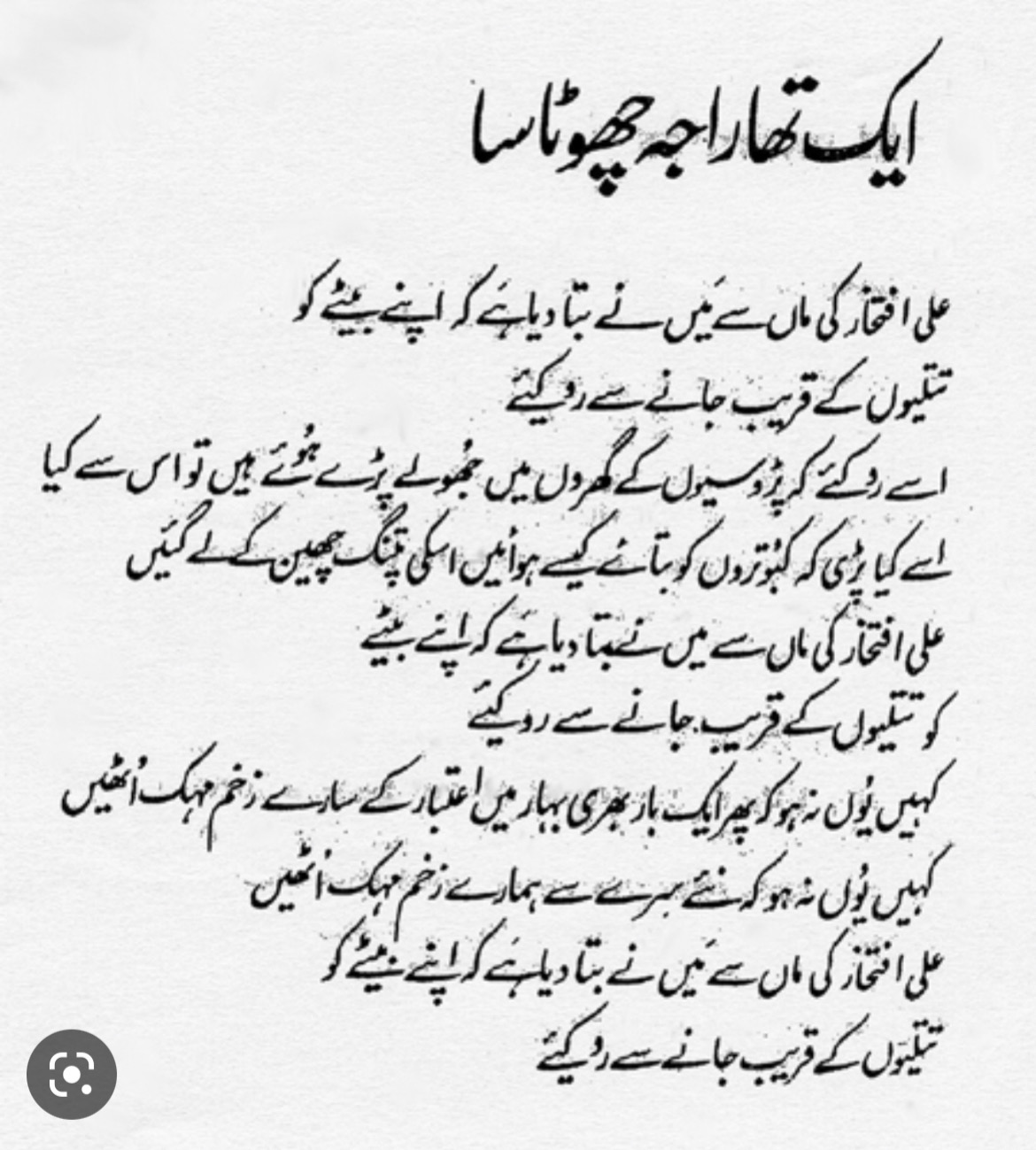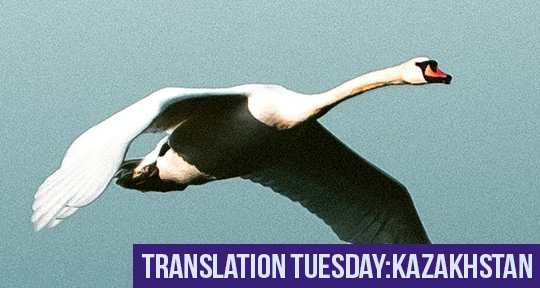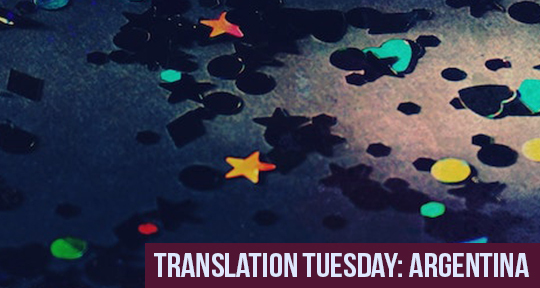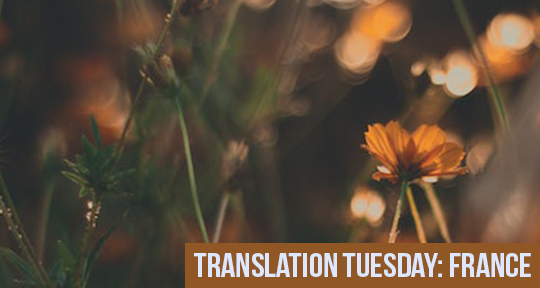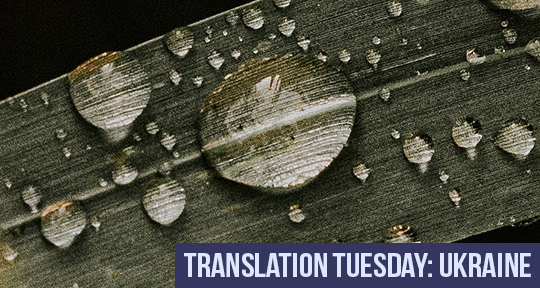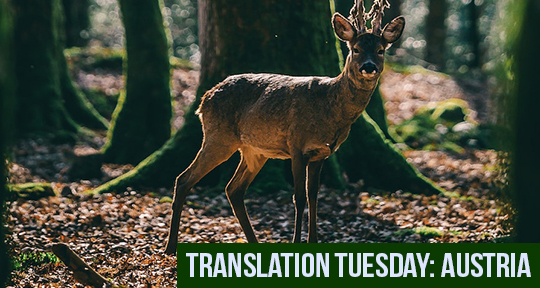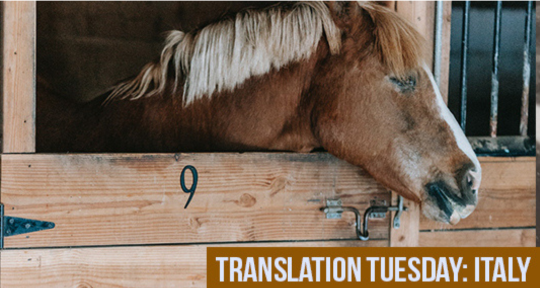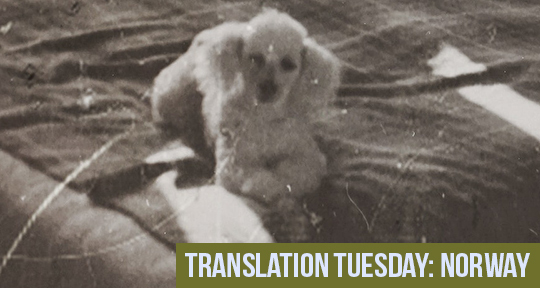This Translation Tuesday, we present Mireille Gansel’s account of a visit to a “Heimatmuseum” in Montafon, Austria, whose purpose it is to change what we mean by “Heimat”—a charged, tainted word—and to demonstrate its kinder, hearth-like, more inclusive connotations. We present also a note from the translator, Joan Seliger Sidney:
After reading several of Mireille Gansel’s poems about the Holocaust—we are both second generation survivors—I chose to translate them. The more I read, the more I saw how broad her scope, including translating all of Nelly Sachs’ poems, as well as the correspondence between Sachs and Celan; also translating and anthologizing Vietnamese poets; in addition, writing her own poems about refugees, and about their migrations as well as bird migrations, and our everyday environment. Gansel is a much-awarded poet, translator, and memoirist. Her Traduire Comme Transhumer (translated by Ros Schwartz) has contributed significantly to the field of translation studies. Translating her poems is an honor.
to make a word habitable focuses on centuries of “migrations of misery and survival,” and how this Heimatmuseum—once taken over by the Nazis but since restored by its director and the community—with its “humble objects” bears witness to these migrations. This poem also shows us how these “asylum seekers” were welcomed by their neighbors and have become contributing partners to their new village. This poem makes us question, why, in our country, founded by both indigenous peoples and immigrants, refugee populations are being randomly picked up coming home from doing jobs Americans refuse to do, and being deported.
We have much to learn from this Heimat country and from Mireille Gansel’s poems and memoir.
— Joan Seliger Sidney
to make a word habitable
a thousand times more native…
the earth where all is free and fraternal
my earth
—Aimé Césaire
like a letter to Bruno Winkler
historian and educator at Montafon in the Vorarlberg
this winter morning. The village of Schruns of the municipality of Montafon. Mountains around and narrow streets all buried in the snow. And up to the small square where one finds the museum. Heimatmuseum: how to translate this word? and then Heimat? The native country and the house, home, the home. A word where there is intimacy: perhaps because in the Middle Ages the strong accent was put on the vowel that preceded the “t,” and was pronounced “o,” thus creating a misunderstanding with Mut. A word that speaks of qualms.
Heimat oscillates between the intimate and the collective, between the spiritual and the terrestrial. A “sensitive” word of the sort that exists in every language, marked with the stamp of a History. So the German language forged in the spiritual, moral, political hearth of the translation Luther made of the Bible.
Yes, how to translate today: Heimatmuseum? And first, how to understand it? Doubtless by taking into account the layers of history deposited in the word Heimat and this museum subjugated by Nazism. Perhaps also by on-the-spot visits. Taking the pulse. In the field.

